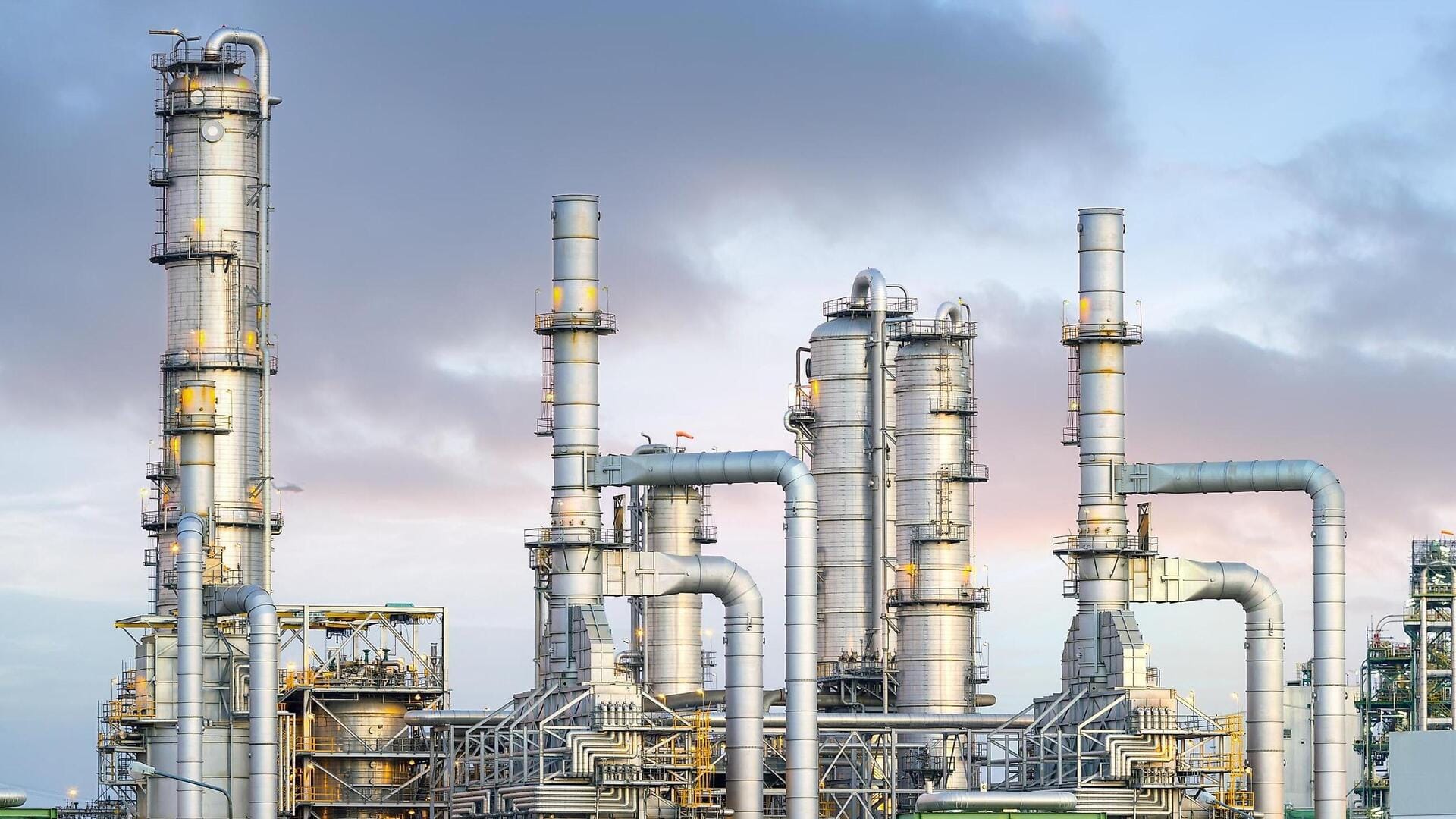
Israel-Hamas war: Natural gas benchmark surges 41% in one week
What's the story
Europe's natural gas benchmark Dutch TTF's price hit an eight-month high of €56 per megawatt-hour last week, marking a 41% increase in a week and over 50% in a month. However, this price is still less than half of what it was a year ago. The benchmark's price closed at €49.995 on October 18. This surge is due to concerns over the escalating conflict between Israel and Hamas, which could disrupt supplies if it spreads to other Middle Eastern countries.
Details
Impact of Israeli-Hamas conflict on global energy market
The ongoing conflict in the Middle East has raised eyebrows about potential disruptions in the international gas market, as the region is a major producer of natural gas. Crude oil prices also jumped around 5% after Hamas launched a large-scale surprise attack on Israel on October 7. Although oil prices have cooled down a bit since then, they remain elevated due to the volatile situation in the region.
What Next?
Other factors affecting natural gas prices
In addition to the Middle East conflict, other global events such as a potential workers' strike in Australia and a gas pipeline leak in Europe are impacting natural gas prices. Workers at Chevron Corp's liquefied natural gas (LNG) facilities in Australia have confirmed their plan to resume strikes this week, while talks continue. Moreover, European gas prices spiked following news that the Balticconnector offshore gas pipeline was damaged between Finland and Estonia, with repair works expected to take several months.
Insights
Europe's gas supply situation and winter demand
Despite the rising gas prices and potential supply disruptions, Europe's natural gas inventory remains at a record high, with stocks 23% higher than average levels as of September. Furthermore, five new plants are expected to start operations before winter, ensuring a healthy supply in the market. However, experts believe that the approaching winter season is another factor contributing to the price hike.